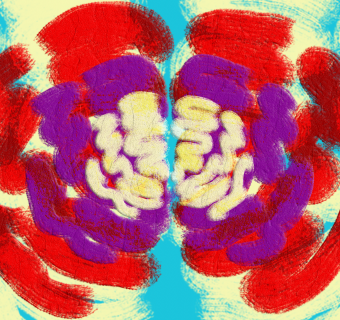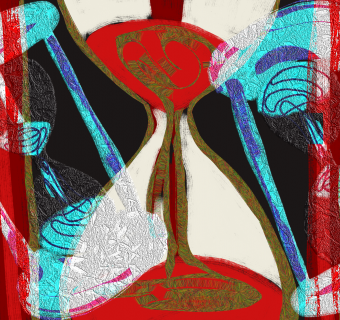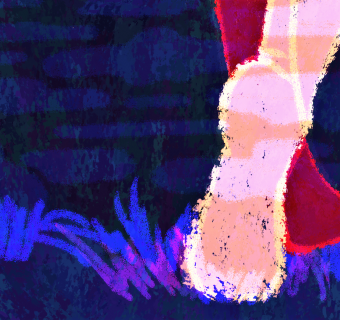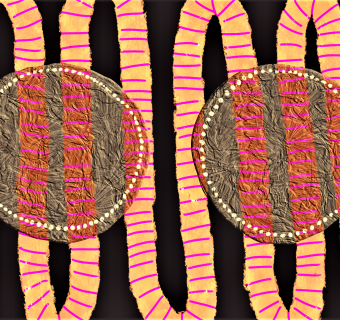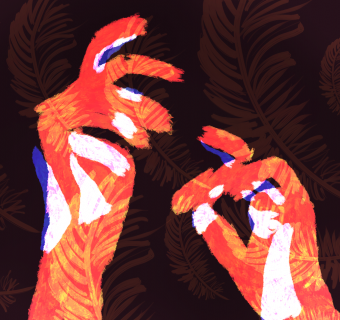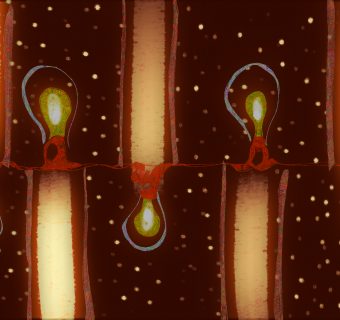Returning to Grounds as a fourth year, I feel as though life is moving too fast and has suddenly gotten away from me. Out of nowhere I find myself in this strange transitional period between being a student and being a “real adult,” entering into a stage where, for the first time, really, there is no clear path ahead. I live in constant dread of the inevitable question posed to every fourth year: “What are your plans after you graduate?” Because I honestly have no idea.
The root of this dread comes from the ever-present problem of decision-making. As a chronic overthinker, I meticulously weigh the pros and cons of every possible outcome of my decisions. Choosing a university, picking a major, adding a second major, determining where and how long to study abroad and basically every other choice I’ve had to make as a UVA student has been absolutely agonizing. If these trivial issues were difficult for me, how am I supposed to decide on something as significant as a life plan? And, how will I know that I won’t come to regret my decision?
Even now I sometimes sink into regret, wondering where I might have been had I chosen a different major, studied abroad in a different country, or even gone to a different university. Is there some happier, more successful, or “correct” version of myself out there somewhere, who I abandoned along the way? Have the paths I’ve chosen trapped me in ways that will only limit me further as I continue to make choices about my future?
The reality we live out depends on the decisions we make to get there.
Sylvia Plath seems to have understood exactly what I’m feeling. “What is my life for and what am I going to do with it,” she wrote in The Unabridged Journals of Sylvia Plath. “I don't know and I'm afraid. I can never read all the books I want; I can never be all the people I want and live all the lives I want. I can never train myself in all the skills I want. And why do I want? I want to live and feel all the shades, tones, and variations of mental and physical experience possible in my life. And I am horribly limited.”
And I am horribly limited. This is precisely where the problem lies for me: the necessity of sacrificing one experience for another, of coming to terms with the fact that I will never be able to live out every possible version of my life. The reality we live out depends on the decisions we make to get there.
If only I could go back to the freedom and whimsy of childhood, where anything felt possible. One day I could dream about being a princess, and the next, the President. It felt safe then to dream of distant realities, to imagine the wildest variations of my life without actually committing to any specific path. As “grown ups” now we have to either give up on our dreams, which can feel scary, or try to realize them, which is perhaps even scarier.
But, as my mom always says, “you cannot expect yourself to be clairvoyant.”
At UVA I’ve had the luxury of “trying on” different versions of myself—switching majors, studying abroad—and imagining the life it could lead to without feeling too stuck in any one version of myself. Now that I’m about to graduate, about to get a real degree in these majors, about to be categorized and further boxed-in by a career field, it all feels claustrophobic and daunting. How can I be trusted with making adult decisions that will impact the trajectory of my entire life?
I put so much pressure on myself to “choose correctly” when it comes to making these decisions, expecting that I should know better than to make choices I’ll later regret. But, as my mom always says, “you cannot expect yourself to be clairvoyant.” In all honesty, upon examining my life to this point there isn’t much I wholeheartedly regret. Of course there are things I might do differently, but I wouldn’t sacrifice the “mistakes” I’ve made for the friends, memories, and growth I’ve found along the way.
Part of the beauty of life lies within the fact that we are constantly operating under conditions of uncertainty. It’s impossible to see into the future to understand how a certain situation might unfold, and sometimes we just have to take the risk and make the best of it.
To any Fourth Years reading—if any of this resonates with you, just know you’re not alone, and we’ll get through this together.
So, as I approach the halfway-point of fourth year, I am trying to remind myself to take a step back and just enjoy the ride, to worry less about what decisions I have made or will have to make in the future and where those decisions may lead me. No matter what choices I make, I still strive to “feel all the shades, tones, and variations” of whatever life I’m living. I can look less at what limits me and more at what’s possible.
But honestly, I’ll still probably have an existential crisis about this basically every day. To any Fourth Years reading—if any of this resonates with you, just know you’re not alone, and we’ll get through this together.
To give me—and all you fourth years out there—a little comfort and encouragement, I’ll look to a different poem, Mary Oliver's “Wild Geese," to remind me of how it feels to be limitless, like the kids we once were. It serves as a good reminder to be gentle with ourselves, to cherish the beauty of life and its many uncertainties instead of getting caught up in the many stressors it can bring:
You do not have to be good.
You do not have to walk on your knees
for a hundred miles through the desert repenting.
You only have to let the soft animal of your body
love what it loves.
Tell me about despair, yours, and I will tell you mine.
Meanwhile the world goes on.
Meanwhile the sun and the clear pebbles of the rain
are moving across the landscapes,
over the prairies and the deep trees,
the mountains and the rivers.
Meanwhile the wild geese, high in the clean blue air,
are heading home again.
Whoever you are, no matter how lonely,
the world offers itself to your imagination,
calls to you like the wild geese, harsh and exciting—
over and over announcing your place
in the family of things.

